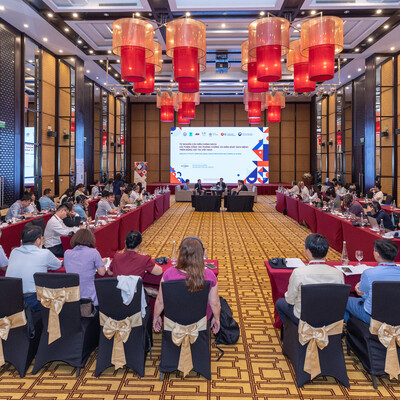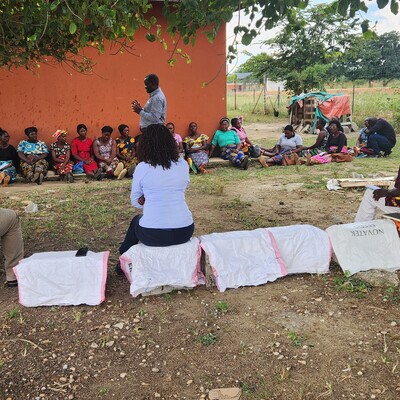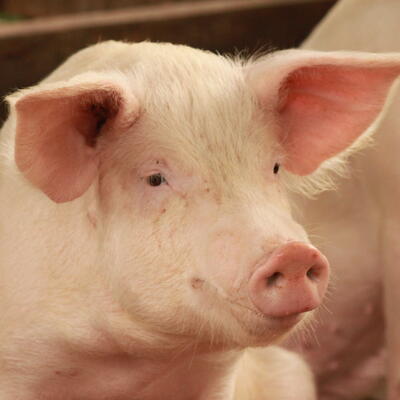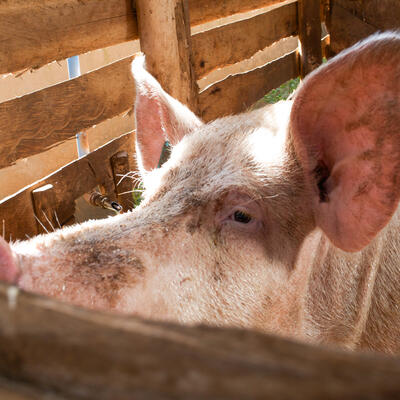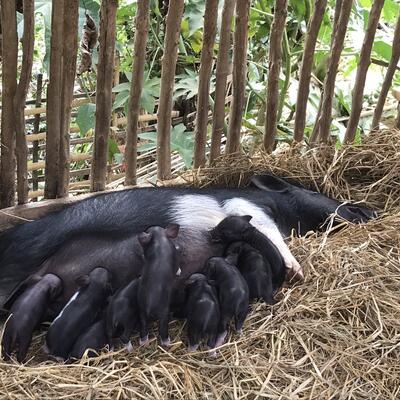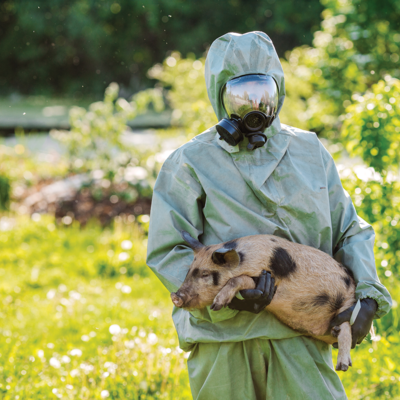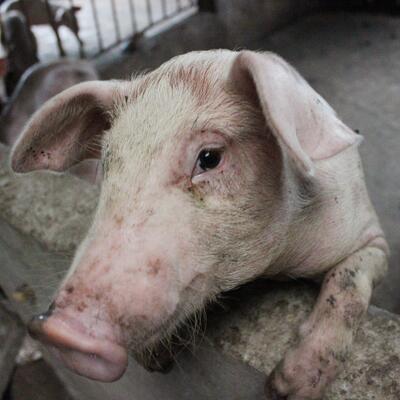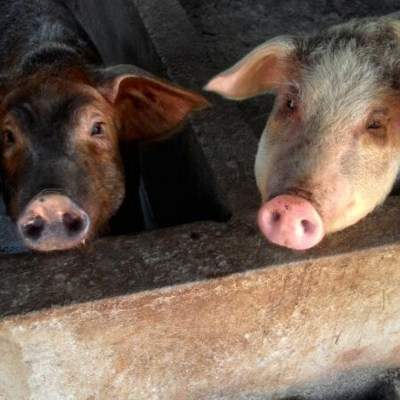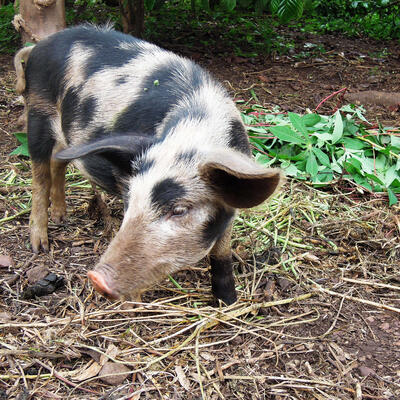

ILRI joins new EU-funded research consortium to develop African swine fever vaccine
The International Livestock Research Institute (ILRI) has partnered with a consortium of 16 institutions from Europe and the United States of America to launch a new project aimed at developing a next-generation vaccine against African swine fever, a deadly viral disease that has killed close to 2 million pigs globally since 2021.
The work of the four-year project, New Technologies for African Swine Fever (Vax4ASF), will contribute towards prevention, control and eradication of African swine fever globally.
The project is funded by the European Union under the Horizon Europe program and led by HIPRA, a biotechnological pharmaceutical company headquartered in Spain.
The other organizations that form the consortium are:
- Anprogapor, Spain;
- In3Diagnostic, Italy;
- Institute for Wildlife Management and Nature Conservation, Hungary;
- International Livestock Research Institute, Kenya;
- Interporc, Spain;
- Kansas State University, United States of America;
- King Michael I University of Life Sciences, Romania;
- Ludwig-Maximilians-University of Munich, Germany;
- National Veterinary Research Institute, Poland;
- Pirbright Institute, United Kingdom;
- Prophyl, Hungary;
- Sabiotec, Spain;
- Severo Ochoa Centre for Molecular Biology, Spain;
- Swedish Veterinary Agency, Sweden;
- Wageningen Bioveterinary Research, the Netherlands; and
- Zabala Innovation, Spain.
African swine fever is a highly contagious viral disease of domestic and wild pigs, whose mortality rate can reach 100%. The disease currently affects several regions across Africa, Asia and Europe.
Although it is not a danger to human health, African swine fever can cause massive losses in pig populations, with attendant economic and livelihood consequences for smallholder pig farmers and the pork industry as a whole.
Lucilla Steinaa, principal scientist and leader of African swine fever vaccine research at ILRI, expressed her excitement following the launch of the project during the first consortium meeting held at the end of January 2024.
“We are very happy to be part of this European Union-funded consortium to develop a vaccine against African swine fever,” she said.
“The project will use a new principle to develop the vaccine and if it works, it will be a very safe vaccine. We are looking into which antigens are involved in cross-reaction between different African swine fever virus genotypes,” she noted.
She added that the new research approach will lead to a better understanding of the immune responses and thereby generate vaccines that offer broader protection.
“Eventually, this will also benefit smallholder pig farmers and rural communities in Africa and Asia who depend on pig-keeping for their livelihoods,” she observed.
Read more about ILRI’s research on African swine fever.
Header photo: Improved pigs on a farm in Hoima District, Uganda (credit: ILRI/Karen Marshall).
You may also like
Related Publications

Research to policy: Improving animal disease prevention and control in Vietnam
- Chi Nguyen
- Lam, Steven
- Sinh Dang-Xuan
- Lacasta, Anna
- Unger, Fred
- Nguyen Van Long
- Pham Thanh Long
- Bui Nghia Vuong
- Dao Duy Tung
- Pham Thi Ngoc
- Hung Nguyen-Viet

Strengthening collaboration to tackle African swine fever: 'From research to policy' workshop
- International Livestock Research Institute

A rosin-functionalized plastic surface inactivates African swine fever virus
- Hemmink, Johanneke D.
- Shroff, S.
- Chege, Naomi
- Haapakoski, M.
- Dixon, L.K.
- Marjomäki, V.S.

Complete genome sequencing and comparative phylogenomics of nine African swine fever virus (ASFV) isolates of the virulent East African p72 genotype IX without viral sequence enrichment
- Domelevo Entfellner, Jean-Baka
- Okoth, Edward A.
- Onzere, C.K.
- Upton, C.
- Njau, E.P.
- Höper, D.
- Henson, Sonal P.
- Oyola, Samuel O.
- Bochere, Edwina
- Machuka, Eunice M.
- Bishop, Richard P.

A standardized pipeline for assembly and annotation of African swine fever virus genome
- Spinard, E.
- Dinhobl, M.
- Erdelyan, C.N.G.
- O’Dwyer, J.
- Fenster, J.
- Birtley, H.
- Tesler, N.
- Calvelage, S.
- Leijon, M.
- Steinaa, Lucilla
- O'Donnell, V.
- Blome, S.
- Bastos, A.
- Ramirez-Medina, E.
- Lacasta, Anna
- Ståhl, K.
- Qiu, H.
- Nilubol, D.
- Tennakoon, C.
- Masembe, C.
- Faburay, B.
- Ambagala, A.
- Williams, D.
- Ribeca, P.
- Borca, M.V.
- Gladue, D.P.





